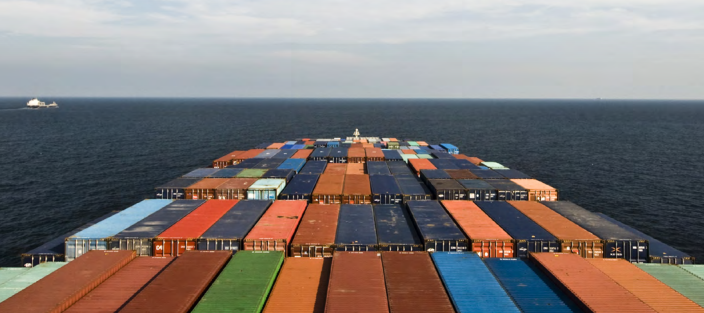Amid COP26, environmental consultancy Ricardo, issued a white paper, urging that movement to decarbonise the maritime sector must be started now, in order to avoid locking in long term future emissions.
It is known that global shipping emits around 940 million tonnes CO₂ each year, while is responsible for 2.5% of all greenhouse gas emissions globally. As a result, the maritime sector is not immune to the pressures faced by industries across the globe to lower their emissions and make the planet net zero by 2050.
Focusing of shipping’s decarbonization, Graeme MacLean, Ricardo’s Principal Consultant said:
There are significant challenges ahead for the sector as it moves towards net zero, but we believe that the maririme sector can succeed in achieving this goal. However there are some big decisions to be made and the business owners and investors need support to take the necessary steps now.
As added:
Vessels have long lifetimes, so it is vital that decarbonisation is built into vessel and infrastructure procurement, otherwise it could be decades before the sector starts to make serious inroads into its emissions.
The barriers and uncertainties are far-reaching. Future fleets may use one of a number of low or zero-carbon energy vectors, each of which could have an effect on the way the vessel operates.
Additionally, ports need to understand which future fuels they will need to bunker, then to prepare the bunkering barges, fuel storage and fuel suppliers, and also have the knowledge to do so safely.
The white paper states that while it may feel like there is little incentive to invest in true decarbonisation, increasing pressure is coming from governments and other legislators, investors decarbonising their portfolios, and customers needing to decarbonise their supply chain.
Mr MacLean said:
The maritime sector is under no illusions that it will have to decarbonise, but it is far from straightforward and unlikely to be cheap. Rather than a sudden switchover, forward-thinking operators, owners, ports and fuel suppliers will collaborate to make use of financial incentives to co-develop cost effective routes which demonstrate the possibilities.
EXPLORE RICARDO’S WHITE PAPER ON SHIPPING DECARBONIZATION HERE






























































